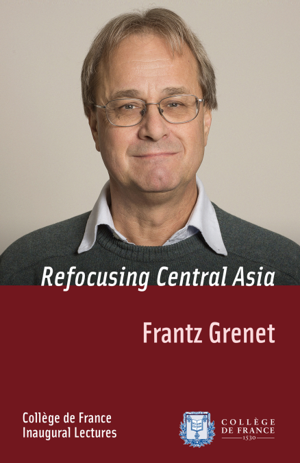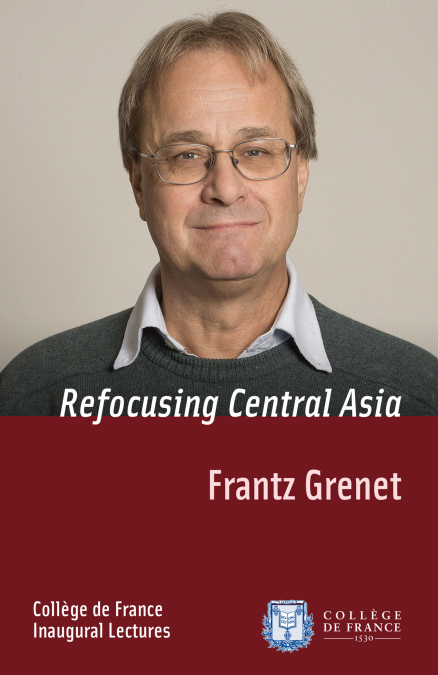
- Retrait gratuit dans votre magasin Club
- 7.000.000 titres dans notre catalogue
- Payer en toute sécurité
- Toujours un magasin près de chez vous
- Retrait gratuit dans votre magasin Club
- 7.000.000 titres dans notre catalogue
- Payer en toute sécurité
- Toujours un magasin près de chez vous
Refocusing Central Asia EBOOK
Inaugural Lecture delivered on Thursday 7 November 2013
Frantz Grenet
Ebook | Anglais
7,99 €
+ 7 points
Description
The notion of Central Asia emerged at a late stage, replacing that of “Tartary”, often associated with the Mongol Terror, in 1825 only. Two twentieth-century archaeological currents profoundly contributed to the revival of studies on this region: the French school led by the Délégation archéologique française en Afghanistan, and the Soviet school characterized by large multidisciplinary expeditions. The rediscovery of the region’s two main languages, Sogdian and Bactrian, has significantly furthered research on this cultural area encompassing Turkmenistan, Uzbekistan, Tajikistan, Kazakhstan, Kirghizstan and Afghanistan.
Spécifications
Parties prenantes
- Auteur(s) :
- Editeur:
Contenu
- Langue:
- Anglais
Caractéristiques
- EAN:
- 9782722604384
- Date de parution :
- 16-03-16
- Format:
- Ebook
- Protection digitale:
- Adobe DRM







